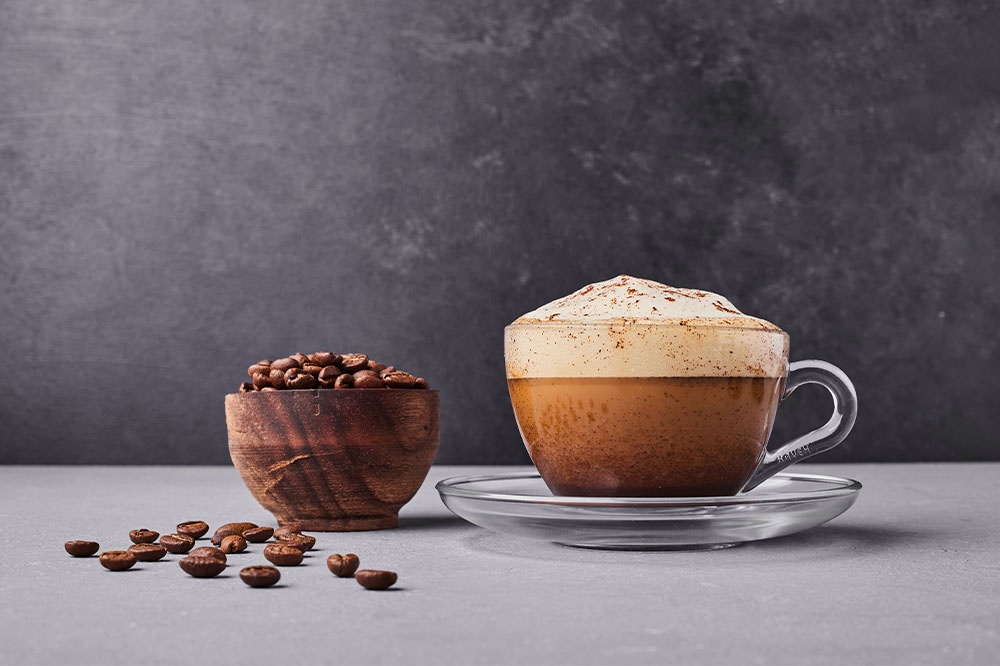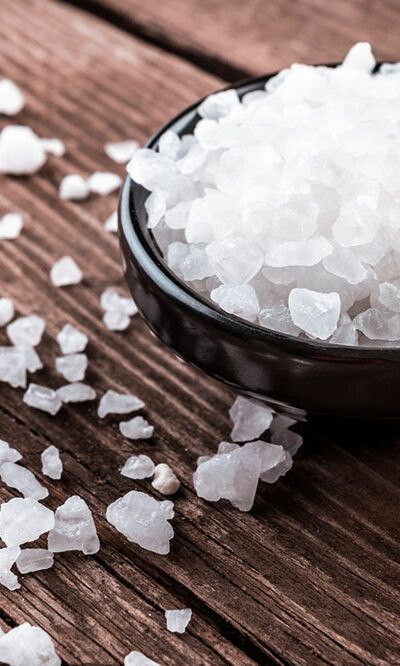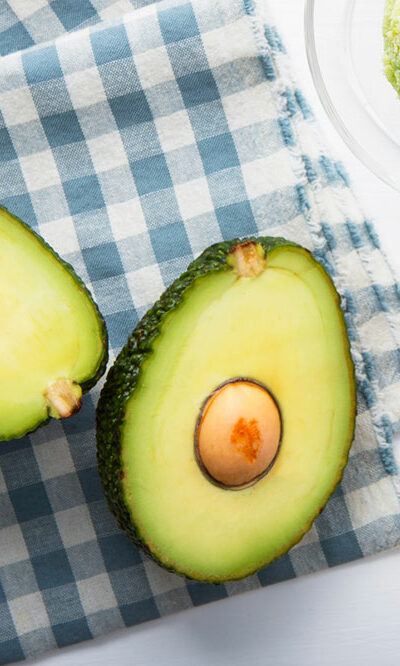Foods to avoid to manage atrial fibrillation

Atrial fibrillation is a health condition in which the rhythmic pumping of the atria (the heart’s upper chambers) gets affected. It causes the heart to beat at an irregular or fast rate. This signifies that the heart is weak and must work harder to pump blood and function properly. While there are treatments for this condition, following a healthy meal plan is also essential. Here are some foods to avoid with atrial fibrillation.
Caffeine
While consuming small amounts of caffeine is not harmful, overdoing it can cause complications, especially if one suffers from atrial fibrillation. According to studies, 300 mg of caffeine per day is safe. But most packaged energy drinks on the market have a lot more. Energy drinks aim to provide a burst of energy by using caffeine. However, someone with a weak heart may find it hard to keep up with these drinks.
Trans or saturated fats
It is no secret that too much fatty food leads to several health conditions, including atrial fibrillation. Options like fried chips, doughnuts, potato chips, margarine, and deep-fried foods with high amounts of fat can increase cholesterol levels and blood pressure. And these are the precursors to heart diseases. Patients who add fatty foods to their meals experience worsening symptoms of this health condition. Studies show that meals high in saturated fats and low in monounsaturated fatty acids lead to a higher risk of chronic or persistent atrial fibrillation.
Salt (sodium)
Salt is known to elevate blood pressure, which can increase the risk of atrial fibrillation. Besides avoiding adding salt to homecooked food, it is recommended to steer clear of all processed and frozen foods as they tend to have a high amount of sodium. If someone buys these, they should read the label, check the sodium content, and be more mindful. With less salt in regular food, it is easier to maintain heart health and lower blood pressure, which can, in turn, reduce the risk of atrial fibrillation.
Sugar
Research shows a link between high glucose levels and atrial fibrillation risk. This has led experts to believe that those with diabetes may be at higher risk of developing this heart disease. Experts are also of the opinion that people should avoid sweets and candies. Limiting soda, sugary baked goods, or processed foods high in sugar should help manage the disorder.
Grapefruit
While grapefruit is packed with vitamins and nutrients, it is a food to avoid when diagnosed with atrial fibrillation and undergoing treatment therapies for the same. This is because grapefruit juice contains a chemical called naringenin, which is known to interfere with the treatment used for this health condition. The juice can also affect how specific treatments are absorbed in the blood from the intestines, making it a risky mix during a recovery process.
One should always speak to a doctor before eliminating foods from their meal plan and understand the risks associated with the same. The expert can also suggest other lifestyle changes to help manage the condition better.







